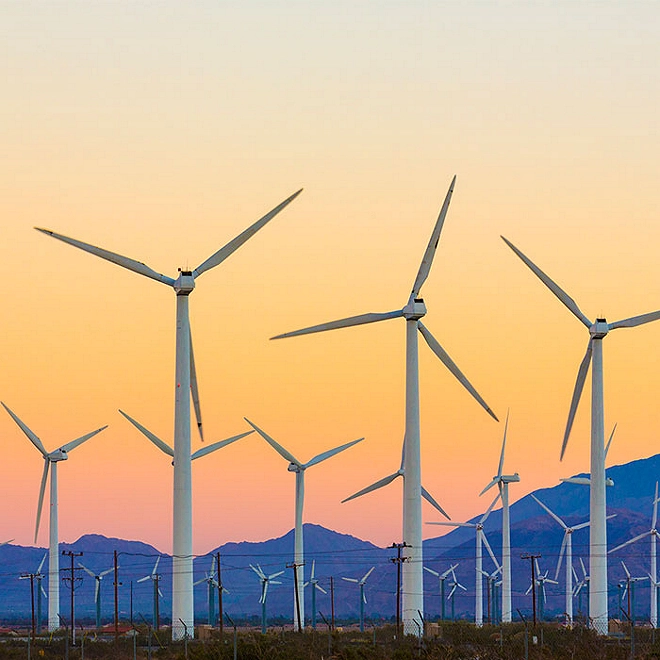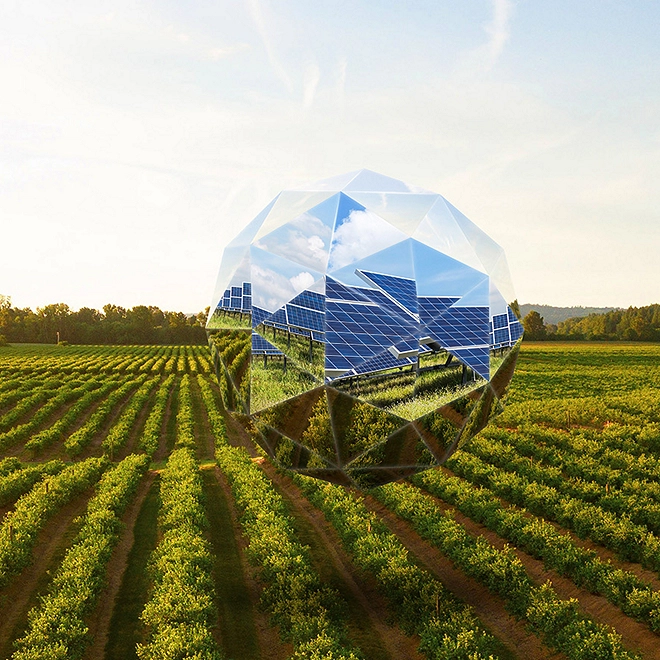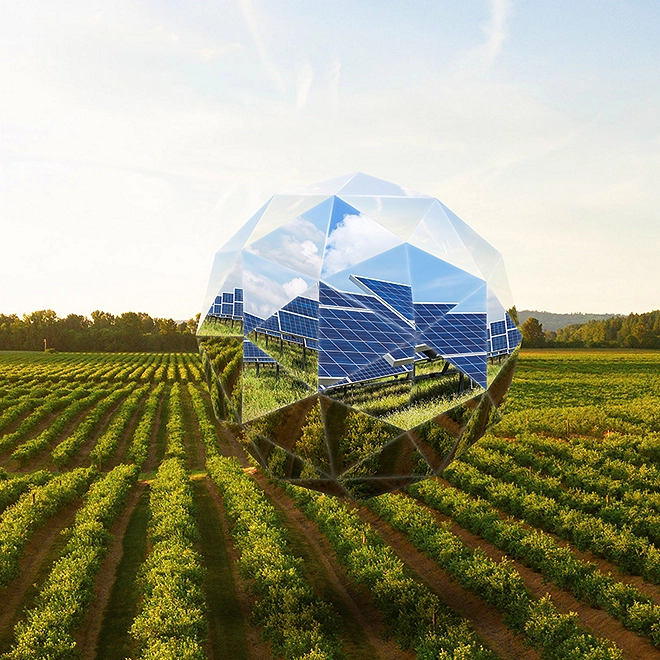AFR Energy & Climate Summit 2023 - David McCarthy's opening remarks
Energy transformation - let's get it done!
Thank you, Michael, for your kind introduction, and good morning to you all.
I’m Dave McCarthy, Executive Sponsor, Climate & Sustainability at Deloitte, and it’s my great pleasure to welcome you all today to the Australian Financial Review’s 2023 Energy & Climate Summit.
[Michael] has acknowledged the Gadigal people. An important acknowledgement at any time, but particularly now, and particularly to us gathered in this room discussing the climate and energy challenge ahead.
That challenge is threefold.
- To adapt and becoming a more climate resilient country,
- To decarbonise and transform our industrial base, and
- To seize Australia’s opportunity in a new global green economy.
The practical and cultural leadership of Indigenous Australians will be a critical element in how communities, business, and government work together and tackle those three challenges.
I am pleased my fellow Partner, Professor Deen Sanders, a Worimi man and member of our Indigenous Leadership Team, is speaking on the unique qualification of Indigenous Australians in addressing climate resilience and adaptation.
Equally importantly, and perhaps less obvious, why systems thinking, so fundamental to Indigenous Australians, might help us resolve the complex interdependencies between our communities, business and governments in resolving our climate challenge. Of all weeks, this insight from Deen is very timely.
Colleagues in the last 12, 24 months the operating environment in which we act has fundamentally shifted.
We have moved from deflation to inflation with its resultant impacts on cost of capital and near-term economic confidence, testing the resolve of all.
Geopolitics including the war in Ukraine is fundamentally changing how global supply chains and technologies are arranged. This is not costless, again testing resolve.
A hell of an environment – characterised by uncertainty, volatility, and fragility - to be making long term policy, investment and business transformation decisions.
But that is why this group is gathered here for the next two days.
It is tempting to use these platforms for “impassioned calls to action”. But this room is filled with people who have already dedicated their careers, personal and investment capital to this issue. So I will focus on the pragmatic.
Self-evidently, Australia, the Lucky Country is rich in the natural gifts needed for energy transition and the commodities essential to green industries. All fundamental to our own decarbonisation. So much to play for.
It is here I want to borrow from the recent work of Deloitte Access Economics commissioned by NAB. All systems go: Powering ahead Australia’s economic opportunity from trading in global decarbonisation.
That work articulated two wake-up calls, obvious to the people in this room, but perhaps not broadly understood.
The first, decarbonising our economy, getting to Net Zero by 2050, is not enough. Because the world is on exactly the same path to decarbonisation, and what they buy from us today, they will need less of in 2050 – if all we do is decarbonise – by 2050 our export income will have cumulatively fallen by $270b. So when we speak of urgency, it is the urgency to minimise the cost of transition.
But there is a flip side to value destruction, value creation.
We do have the gifts needed to build the global green industries that will decarbonise Australia, but we must build those industries at a scale allowing us to trade in global decarbonisation.
That is the path to a new Australian economy. Renewable energy, green hydrogen, critical minerals, and metals manufacturing will define Australia’s green industrial potential. That is a $435b opportunity. Well outweighing the cost of transition.
The second wakeup call is this. To achieve that opportunity, we must compete in a global race for capital, technology, and talent. And by competing, I mean competing with the might of the US Inflation Reduction Act, the EU’s Green New Deal and the Saudi Clean Energy Plan.
The IRA, just over a year old now, is rewriting the competitive landscape and new alliances around energy security are being formed.
Which brings us the next two days and the role of business, government, and communities in navigating that path to a new economy. The landscape is a competitive one – for capital, for technology, for skills, and with geopolitics fashioning a new domain of energy security.
It is crunch time for the energy transition because the runway is getting shorter and the world is just that much more complex.
With that, I wish you all the best of discussions.



